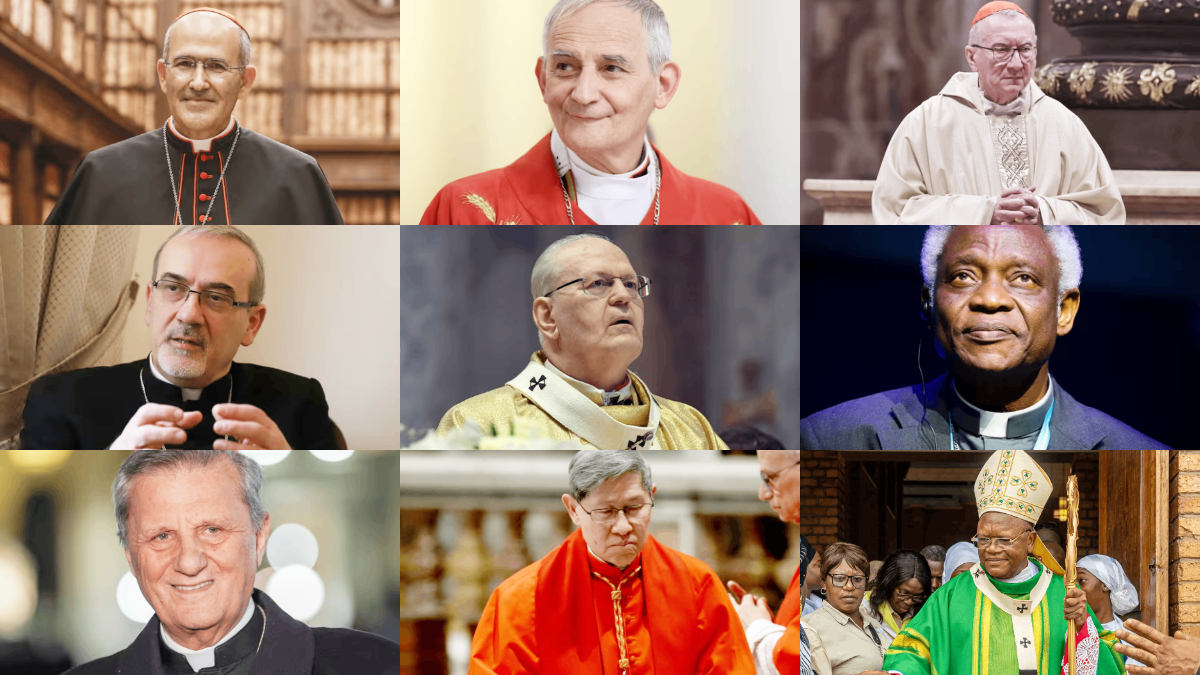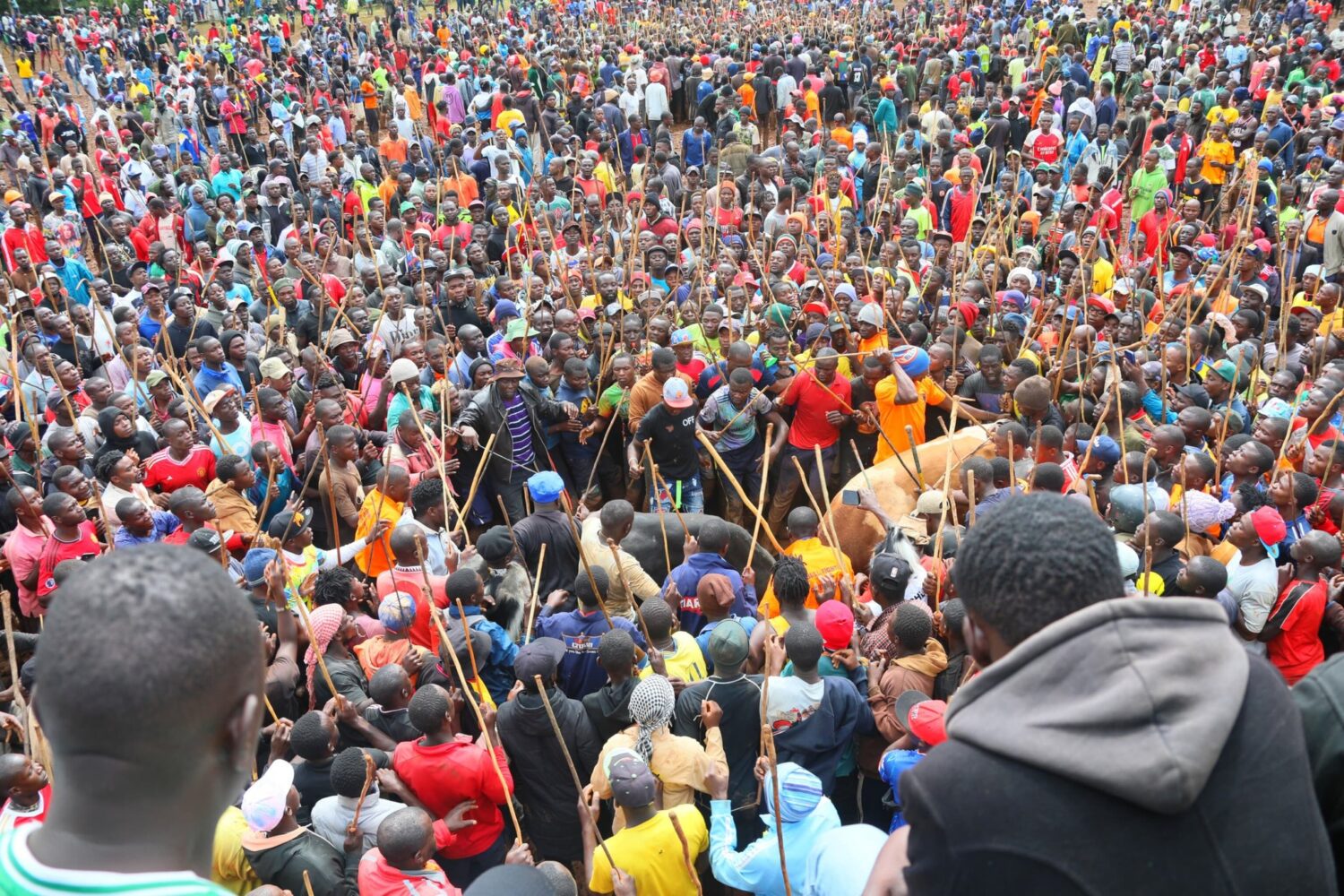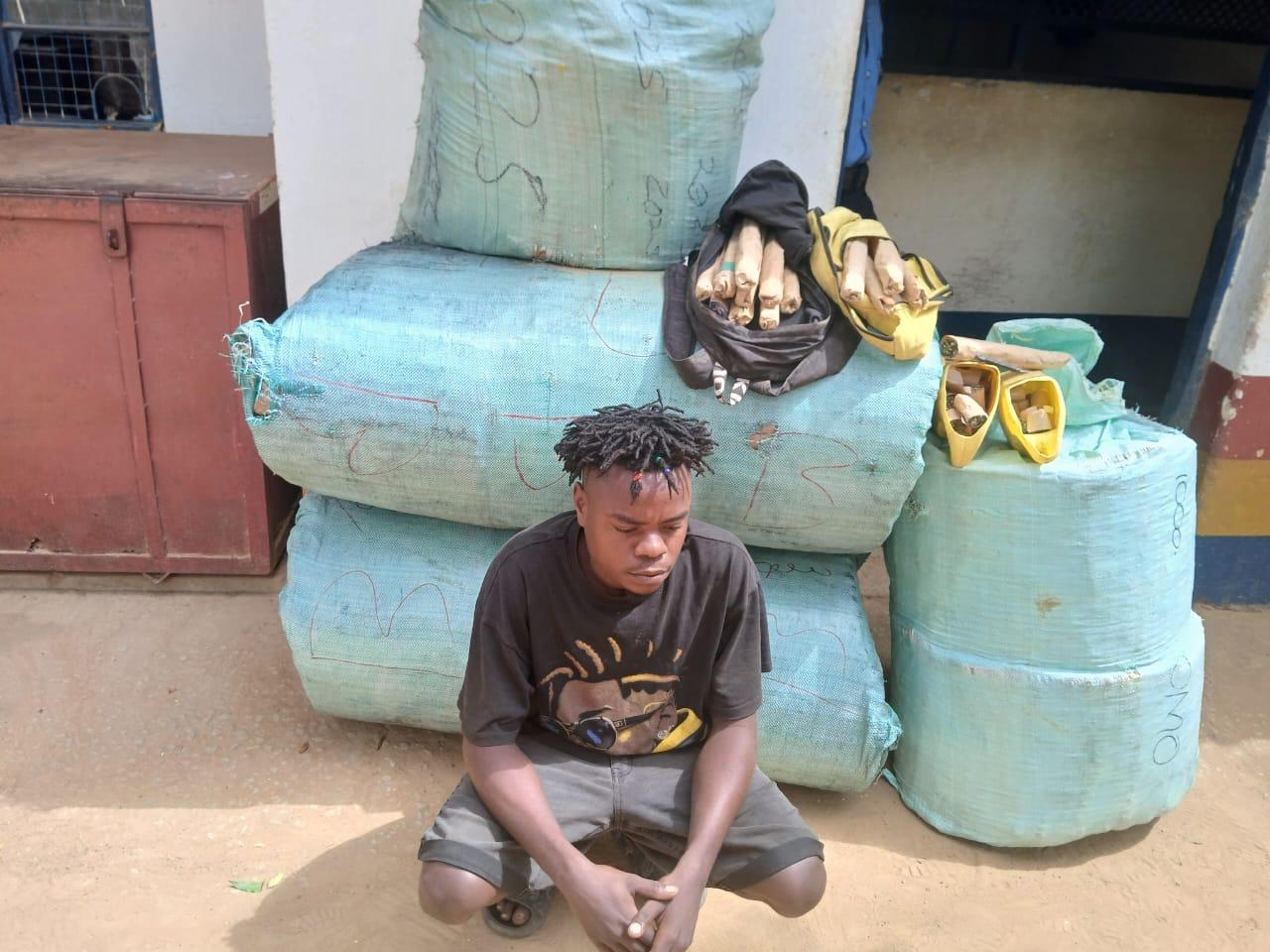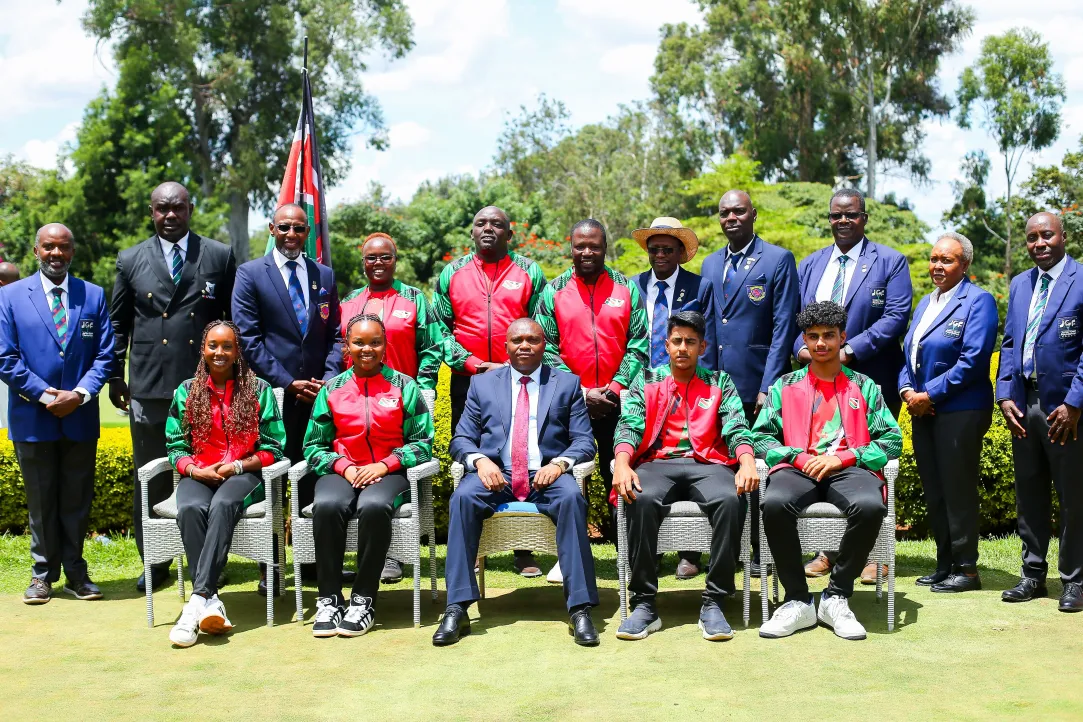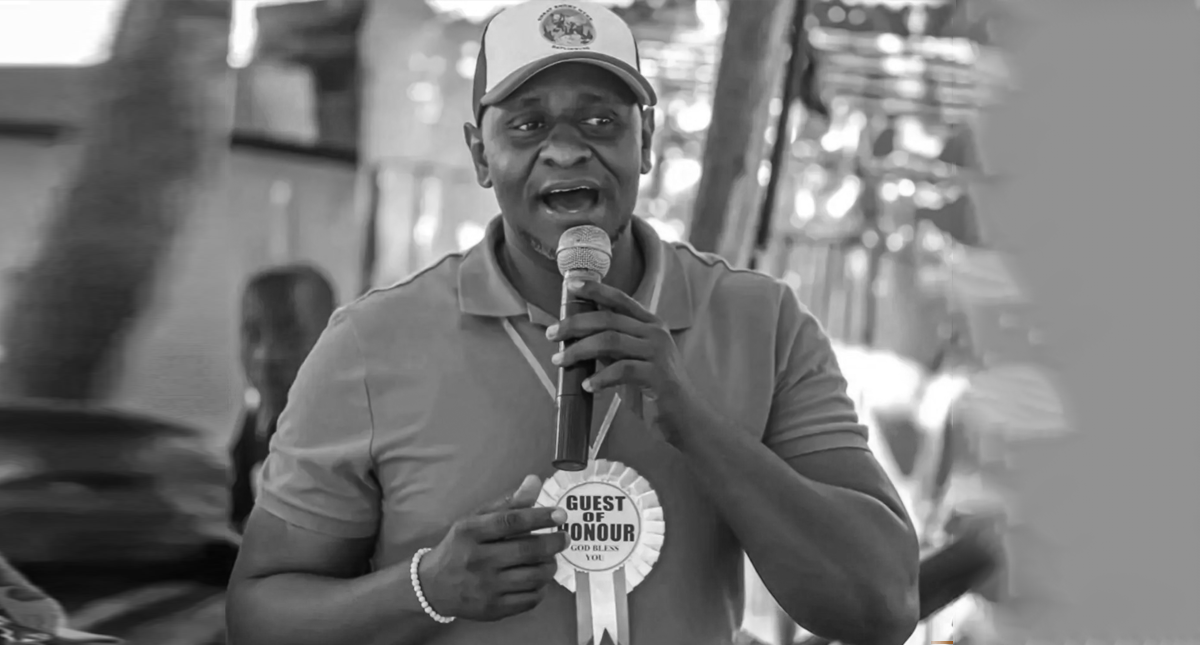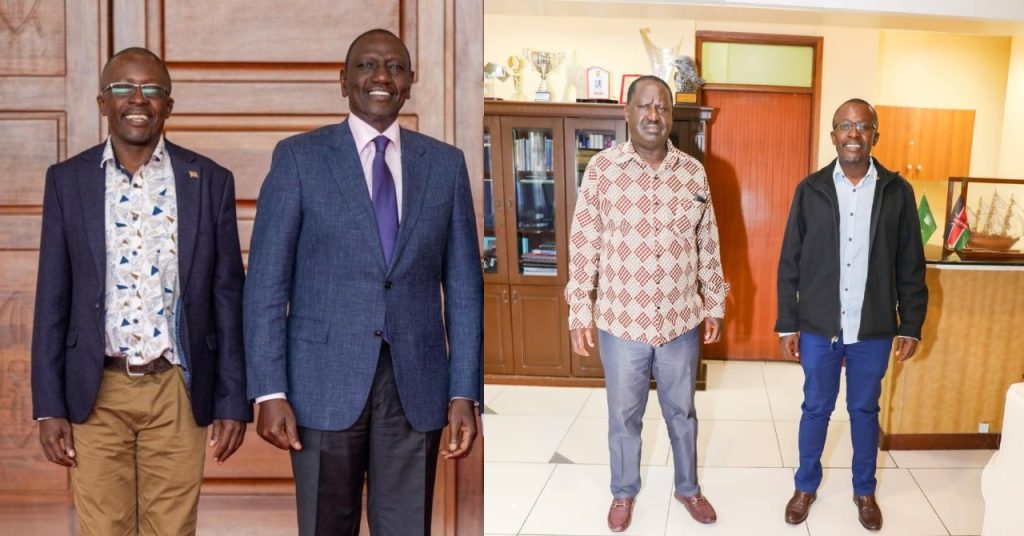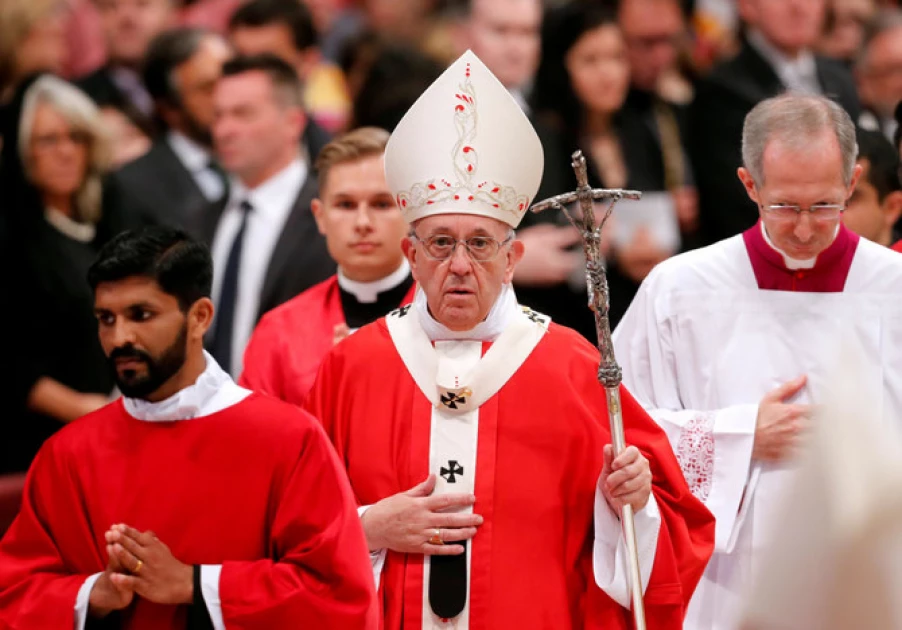With the death of Pope Francis, the Catholic Church enters a solemn yet pivotal moment in its 2,000-year history: the election of a new pope. As cardinals from across the globe prepare to enter the secretive Sistine Chapel conclave, the question dominating religious and geopolitical circles is simple yet profound: Who is the next Pope?
The death of the 266th pontiff has set into motion an ancient, deeply symbolic and politically charged process. A 15-day mourning period traditionally precedes the vote, but the rules, revised in 2013 by Pope Benedict XVI, allow for the conclave to begin sooner. The election is conducted by 135 cardinal-electors — all under the age of 80 — who will cast their ballots, shielded from the outside world.
Although technically any baptized Catholic man can be chosen, historical precedent and Vatican politics point overwhelmingly to the College selecting one of their own. The frontrunners this time around paint a picture of a Church at a crossroads — between tradition and transformation, Europe and the Global South.
The Papal conclave being a highly secretive affair, it is near impossible to predict the outcome of the vote. The fact that the cardinals electors shift positions and stances in successive ballots.
The New York Times reports that experts say there isn’t a single front-runner at the moment, because Pope Francis made many appointments within a short time, widening the race to succeed him.
At the moment, these are the men touted to succeed Pope Francis…
Top contenders in the Papal race
1. Pietro Parolin (Italy, 70)
Vatican’s Secretary of State and seasoned diplomat, Parolin is seen as a continuity candidate — a bridge between Francis’ reformist legacy and the Church’s traditional center. His extensive global missions and strong influence within the Curia make him a formidable frontrunner if the cardinals opt for an Italian revival.
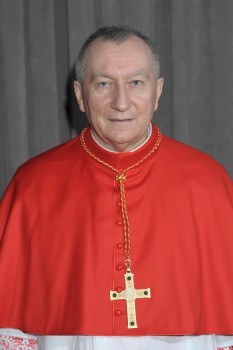
2. Matteo Zuppi (Italy, 69)
Zuppi is known for his peace-building work and progressive leanings. Having acted as the Pope’s envoy to Ukraine and a veteran of the Mozambique peace process, he carries both pastoral compassion and political acumen — qualities that could usher in a more activist papacy.
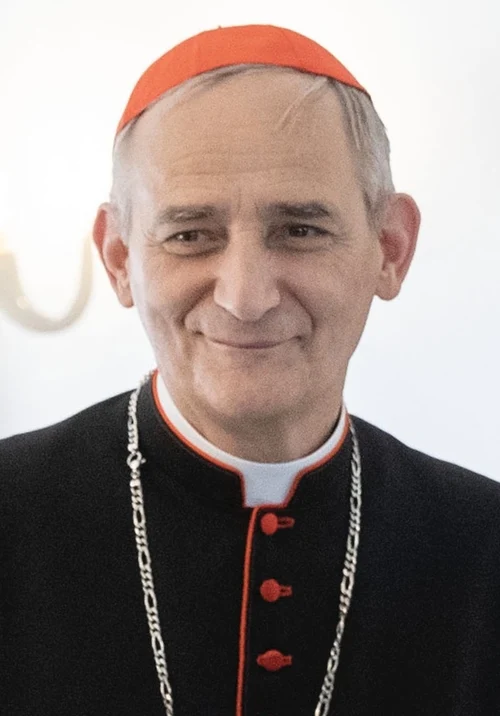
3. Jose Tolentino de Mendonça (Portugal, 59)
A scholar-poet and cultural theologian, de Mendonça represents the intellectual wing of the Church. His rising star status and prominent roles in various Vatican dicasteries make him a compelling choice for cardinals seeking a spiritually profound yet globally resonant voice.

4. Peter Erdo (Hungary, 72)
A strong traditionalist, Erdo brings legal expertise and continental leadership. His name was floated in the last conclave, and he could attract support from conservative blocs within the Church.
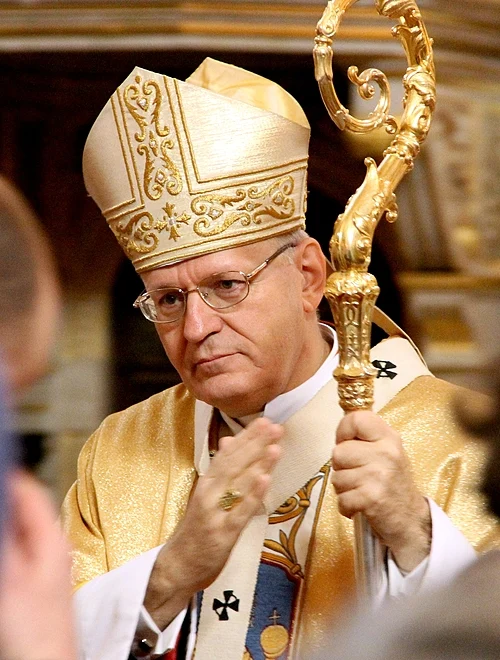
5. Pierbattista Pizzaballa (Italy, 59)
The Latin Patriarch of Jerusalem has earned respect for his steadfast leadership in one of the world’s most volatile regions. His presence in Gaza during the recent conflict and years in interfaith dialogue position him as a potential symbol of peace and reconciliation.
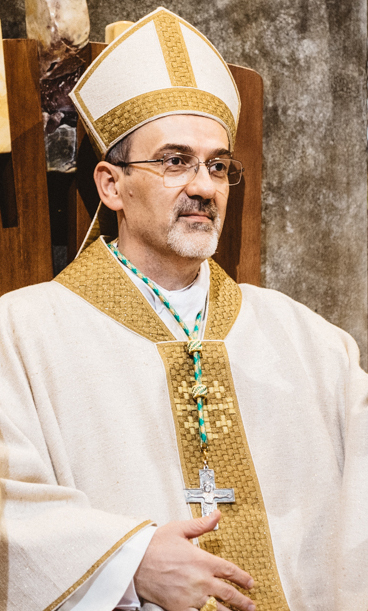
Rising global voices
For the first time in centuries, the papacy could shift decisively away from Europe.
Luis Antonio Tagle (Philippines) — A favorite of Pope Francis and former Archbishop of Manila, Tagle’s charisma, humility and emphasis on the poor make him a leading contender from Asia.
Peter Turkson (Ghana) — Once head of the Vatican’s justice and peace department, Turkson’s advocacy for African development and moral clarity on global issues place him in the spotlight for a historic African papacy.
Fridolin Ambongo (DRC) — Archbishop of Kinshasa, Ambongo has emerged as a bold voice for peace in Central Africa. His selection would resonate powerfully across the continent and reflect the Church’s growing demographic shift.
Cristobal Lopez Romero (Spain/Morocco) and others like him underscore the increasing diversity of the candidates, each representing different global concerns, from interreligious dialogue to social justice.
A Global crossroads
While the conclave remains cloaked in secrecy, the stakes are global and spiritual. The next pope will inherit a Church wrestling with internal reform, secular skepticism and expanding influence in the Global South. The choice will signal either continuity or a seismic shift — perhaps even a long-awaited break from Europe’s hold on the papacy.
For now, the world waits. The smoke will rise. And when it turns white, the Church — and history — will have its answer.


